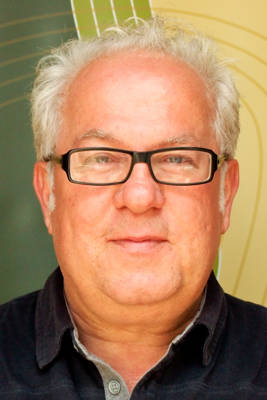The climate of the Eastern Mediterranean is becoming hotter and drier each year, and experts predict that increasing wildfires and decreasing water supplies will lead to further displacement and conflict over the next decades. Moreover, rapid urbanisation amidst political turmoil results in insufficient waste management that affects the entire region. However, ongoing conflicts in Cyprus, Israel/Palestine, and Syria, as well as political upheaval in Lebanon, Egypt, and Turkey, impede the possibility for concerted climate action. This is despite the interconnectedness of the Eastern Mediterranean basin, which is become increasingly salinated and polluted by waste and rubbish. The project will offer a global assessment of the relationship between climate and conflict in the region.
The project will offer a global assessment of the relationship between climate and conflict in the region. It will document the interconnectedness of the Eastern Mediterranean basin on film and will offer policy recommendations for immediate action. In the first year, research on Cyprus will include interviews with scientists, climate activists, and civil society organisations working on specific environmental issues, such as protecting endangered species. The research will offer an assessment of the most urgent issues on the island and the effect of the ongoing conflict on action to ameliorate the problems. A policy report in the first year will focus on the most urgent and unresolved climate issues for the island.






